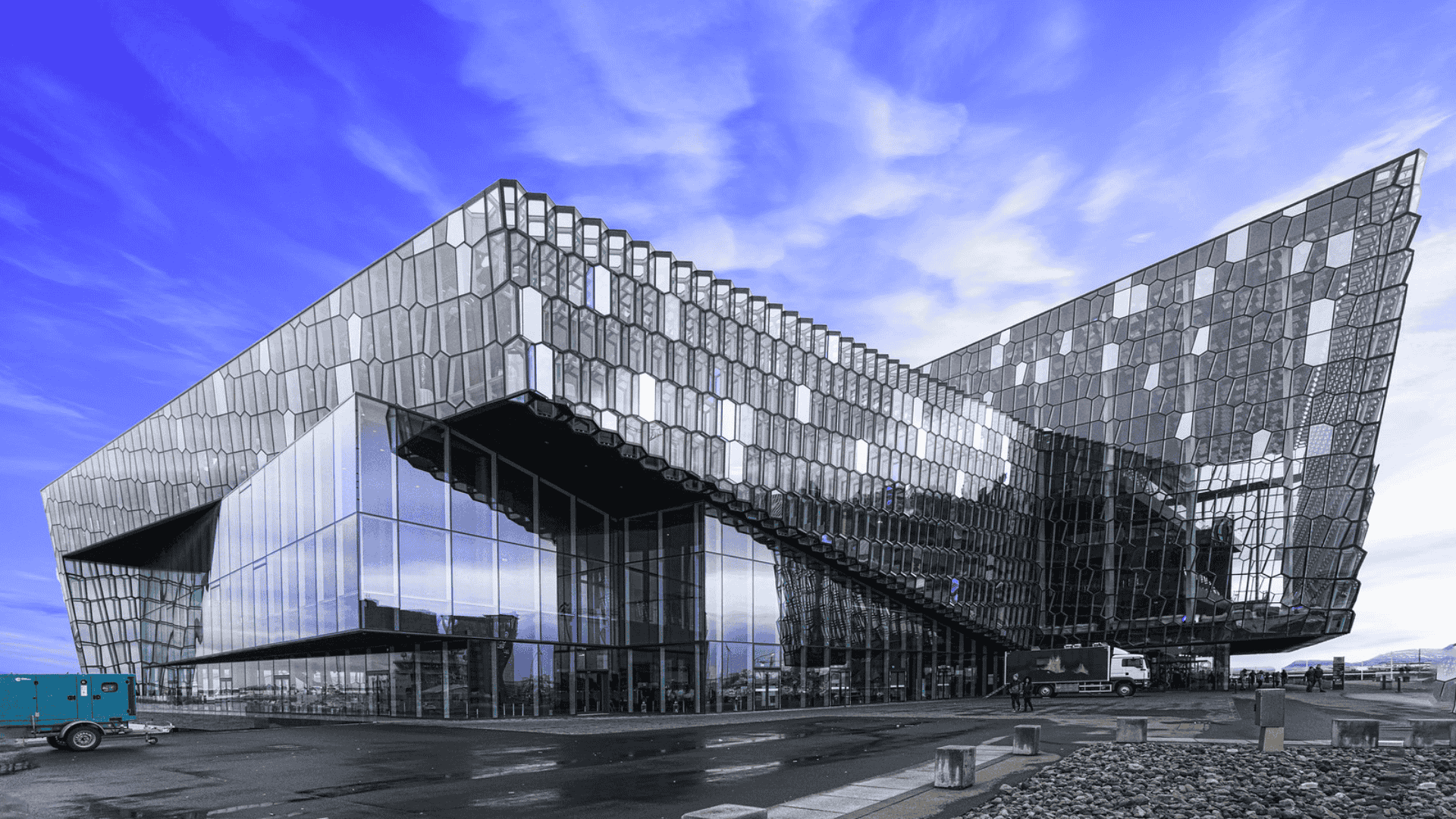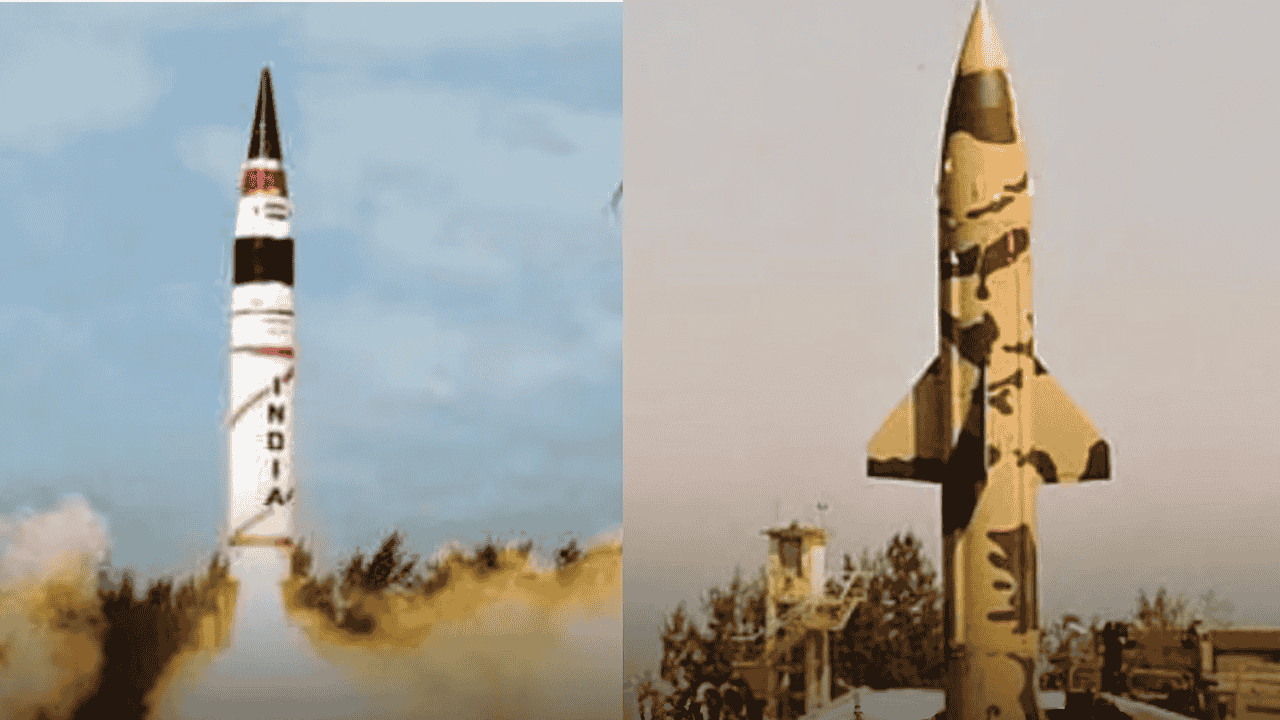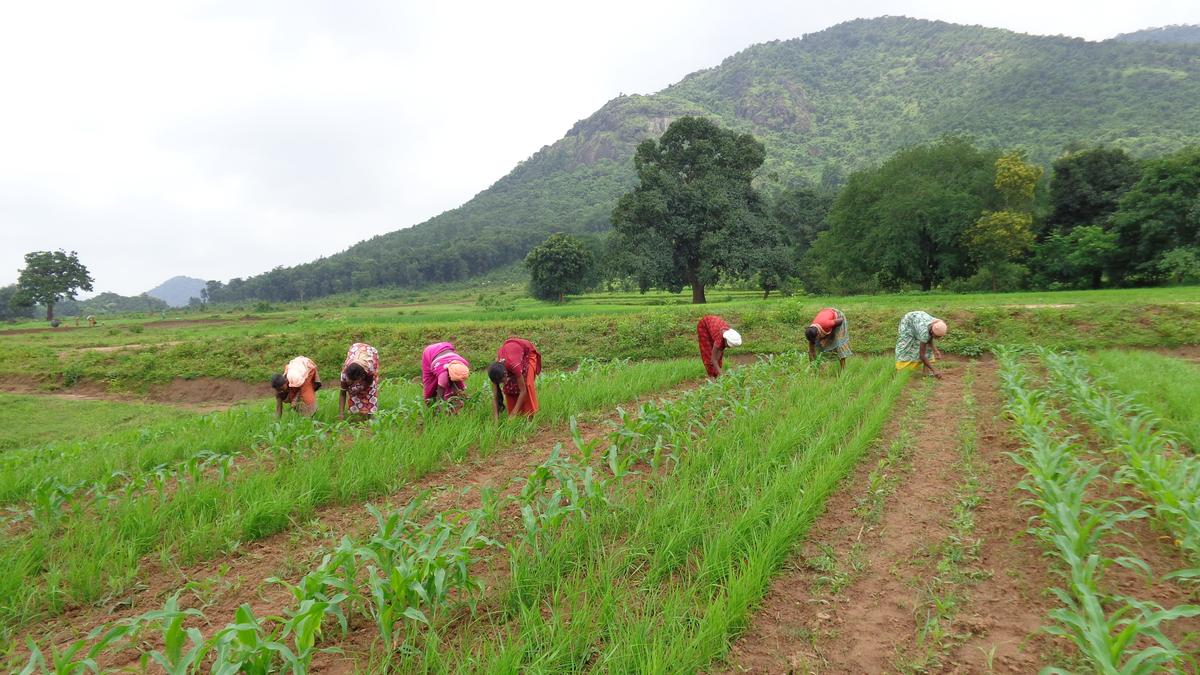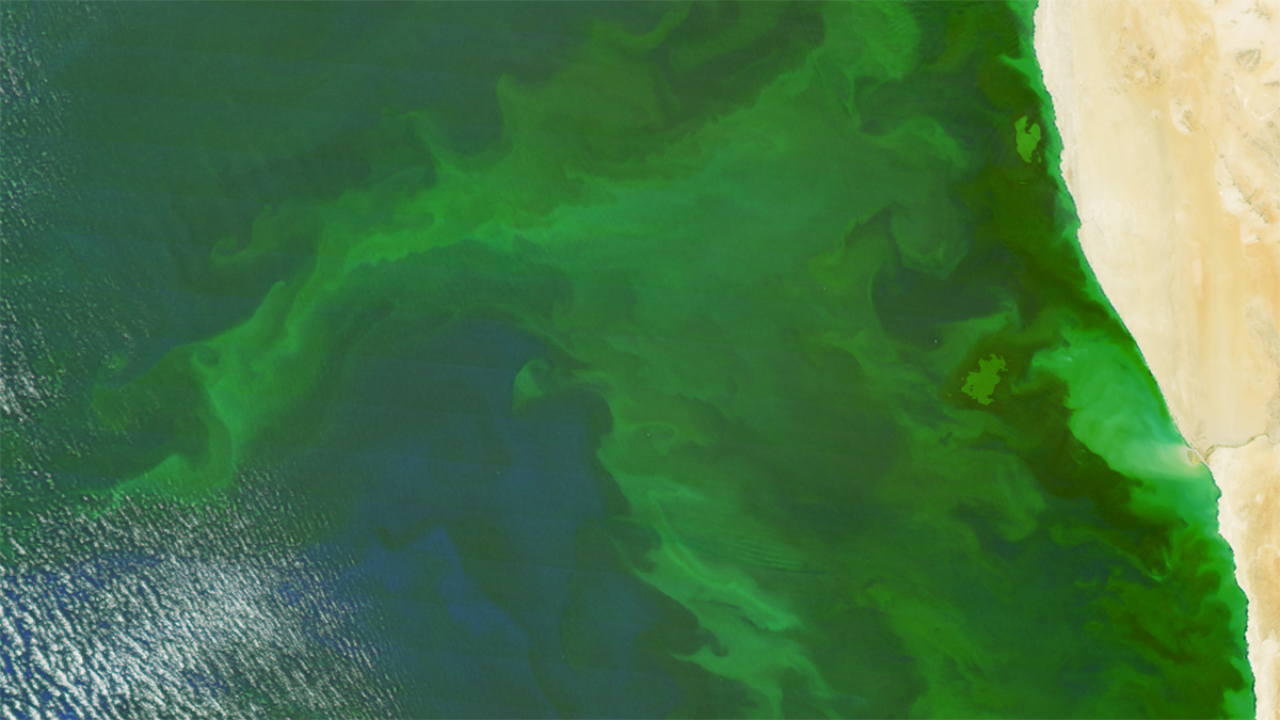Arctic Council: A Platform for Cooperation in the Arctic Region
Introduction: Why is the Arctic Council in the News?
Recently, the Arctic Circle India Forum was organized in New Delhi (3–4 May 2025), focusing on India’s increasing involvement in the Arctic region. Experts and representatives from around the world participated, discussing issues like climate change, scientific research, and international cooperation. This event highlighted India’s ambitions and collaborative efforts, making the Arctic Council a key topic in current affairs (current date).
What is the Arctic Council?
The Arctic Council, established in 1996 under the Ottawa Declaration, is the leading intergovernmental forum that promotes cooperation, coordination, and dialogue among Arctic states, indigenous peoples, and other residents. Its main focus is on sustainable development and environmental protection in the Arctic region.
Member Countries
There are eight countries that have territory within the Arctic Circle:
Canada
Denmark (including Greenland and the Faroe Islands)
Finland
Iceland
Norway
Russia
Sweden
United States
Six organizations representing Arctic indigenous peoples are also Permanent Participants in the Council.
Observer Status
Countries that are not part of the Arctic region can become Observers. Observer countries do not have voting rights, but they can participate in discussions and projects. India was granted Observer status in 2013 and has been actively participating in Arctic research and policy discussions since then.
India’s Participation in the Arctic Council
India’s Observer Role
India has been an Observer in the Arctic Council since 2013, joining other Asian countries like China, Japan, South Korea, and Singapore.
India participates in Council meetings, scientific research, and working groups, contributing to climate studies, marine biodiversity, and glacial research.
Scientific Contributions
India established its first permanent Arctic research station, ‘Himadri’, in Svalbard, Norway, in 2008. Operated by the National Centre for Polar and Ocean Research (NCPOR), Himadri supports studies on climate change, Arctic ice melt, and the impact on Indian monsoons.
Indian scientists are actively collaborating with international teams, especially in Svalbard, focusing on climate and environmental science.
Strategic and Economic Importance
The Arctic region has vast reserves of oil, gas, and rare minerals, which are becoming more accessible due to melting ice from global warming.
The opening of the Northern Sea Route (NSR) offers India a shorter and cheaper maritime route between Europe and Asia, boosting maritime trade.
India’s 2022 Arctic Policy emphasizes sustainable development, scientific research, and building partnerships for mutual benefit.
Key Points: Daily GK Update
The Arctic Council is the main international forum for Arctic cooperation, with 8 member countries and several permanent participants.
India has had Observer status since 2013 and operates the ‘Himadri’ research station in Svalbard, Norway.
The Arctic’s resources and new sea routes are strategically important for India’s energy security and trade.
India’s involvement in the Arctic aligns with its broader goals of scientific progress, sustainable development, and global cooperation.
The Arctic Circle India Forum 2025 in New Delhi highlighted India’s growing role in the region.
Why this matters for exams
The Arctic Council and India’s Arctic engagement are frequently covered in UPSC, SSC, and other competitive exams under international relations, environment, and geography topics. Understanding India’s observer status, the significance of Arctic resources and routes, and the country’s scientific contributions is crucial for daily GK update and competitive exam news preparation. Stay tuned with Atharva Examwise for the latest current affairs (current date).







